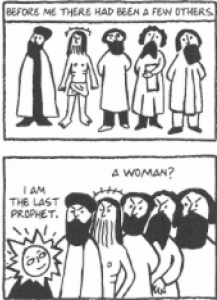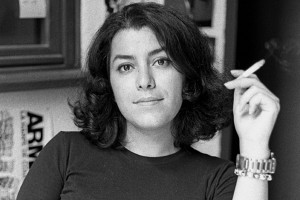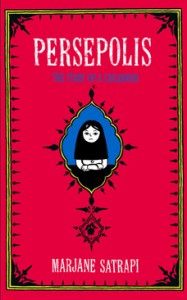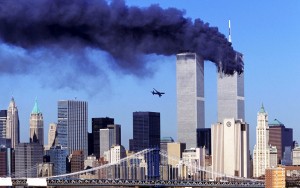It’s been quite some time since my last blog post but alas! I have returned from the dead (aka from studying for my midterms!) On November 19th, my ASTU class went to the Rare Books and Special Collections at Irving! My first field trip in university!
I must say, it was amusing to take a glance at Joy Kogawa’s fonds. It has given me an exceeding amount of information about the novel Obasan. I enjoyed how I was informed about the differences between archives and libraries. A challenge on collecting archives would be the increase usage of technology. Isabelle made an important point at how drafts nowadays can be just deleted and replaced.
I did not realize how every little piece of object/paper can be important. For instance, a train time table from the 1920’s may become important for an author who is wanting to write about that time era. In Joy Kogawa’s fond, photographs, family trees, drafts, rejection letters, and reviews just to name a few, were donated by Kogawa herself. It was fascinating to grasp a look at the drafts because it is amazing to see how how many handwritten drafts Kogawa took in order to produce her final draft. What I found was that on the back of the drafts, there was what seems to be a Chinese version of her draft. It is astonishing to see how an author can create all these characters and give it so many characteristics to make it seem almost as if they have once existed.
One of my favourite items I have found upon this visit would be the letters from the students of Belvedere Parkway School. This reminded me of when I was in elementary school and I when had to also write to an author and thanking them. This shows how depending on the age, a book can have multiple meanings. Some of the children did not quite get the meaning of this novel, and they have focused on different aspects of the story for example, in one item, Ainseley Deanne writes how she enjoyed it because of how Naomi and Mitzi became friends. I do not blame them for not fully understanding the novel as the content is quite descriptive.
All in all, my experience at looking through Joy Kogawa’s fond has given me a better insight on how much research and effort is put in towards a book and how many people have written to Joy Kogawa.




